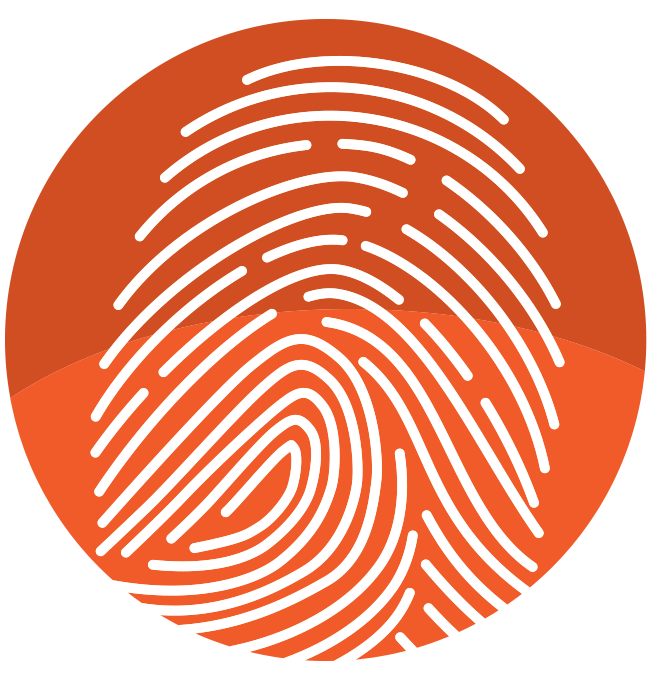Better mental well-being is just Next Door
- Utopia team

- Aug 7, 2023
- 2 min read
Updated: Sep 24, 2025
This blog entry is predominantly the work of Utopia GP Dr Paul Thu. Dr Thu participated in a community-based program run by trauma-informed psychologist Alison Mynard who assists refugees who are isolated, disabled or affected by mental illness to engage with others in the community and with health and welfare service providers. Alison is the Director and Clinical psychologist at Next Door Psychology in Werribee and has worked with refugees for twenty years.

Alison is experienced in treating those with post-traumatic stress disorder (PTSD), major depression, social anxiety, panic disorder, schizophrenia, autistic spectrum disorder and other mental health disorders. She explains that PTSD relates to past experiences of war, family abuse and complicated grief, and that these events can lead to chronic unexplained pain. Stigma towards those suffering with mental health disorders can often result in social isolation.
Her approach in caring for her clients is to establish excellent rapport through “knowing them personally”. A challenge faced by her clients is their inability to express how they feel due to lacking the language to talk about mental health (emotional literacy).
Alison has a team working with her, including Clarissa Hartshorne (mental health nurse) and Caroline Olgive (counsellor), and they work with a range of refugee groups, including the Karen and Karenni communities from Myanmar. They have overcome barriers to seeking help by broadening their treatment to include community-based programs. This has meant taking therapy outside the consultation room. They run a weekly workshop attended by community members to do gardening, arts and crafts, weaving, woodworking and English language practice. Working side-by-side with community members on the garden or on a craft project has broken down barriers and enabled the establishment of rapport between communities and providers. Alison has reported that clients who initially were hesitant to take up psychotherapy have become more aware and started to engage after a period of attending the community program. Clarissa Hartshorne, the mental health nurse at Next Door Psychology, says that the workshops are “therapeutic” allowing people to practice mindfulness through painting and weaving rather than allowing the mind to be occupied with past traumatic events even for short periods of time.

Alison mentioned that one of her participants has found his talent in carpentry through his wood working workshop and is now training to use tools at a local community Men's Shed. Others take their crafts home and spend time completing their projects during the week.
Utopia Refugee and Asylum Seeker Health is proud to be supporting Alison’s work with funding recently received grants from the North West Melbourne Primary Health
Network. Today, Dr Thu joined nearly 40 other participants in the painting workshop. Everyone appeared quite joyful. This is one of many important steps we take to tackle challenges faced by refugee communities in the west of Melbourne. An understanding of mental health conditions is key; empowering refugees to engage with counselling services is the first-step to better outcomes.